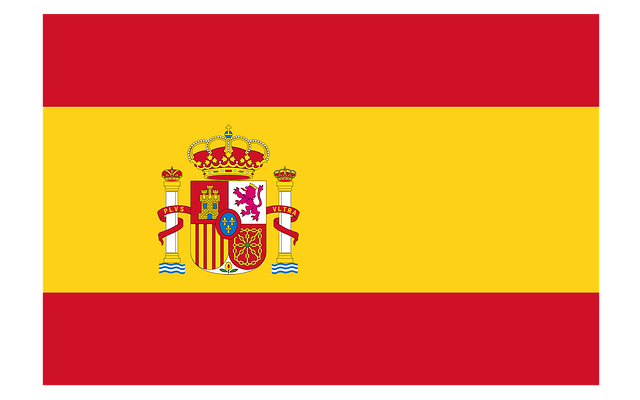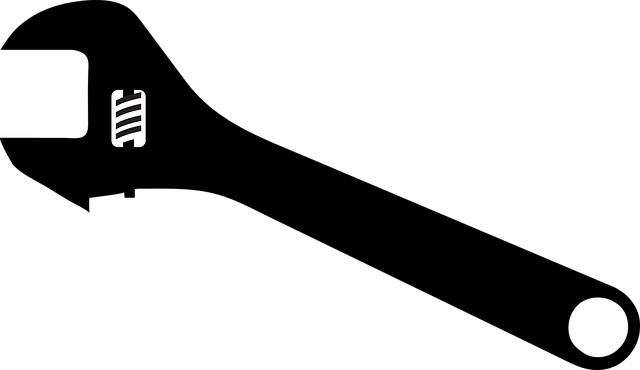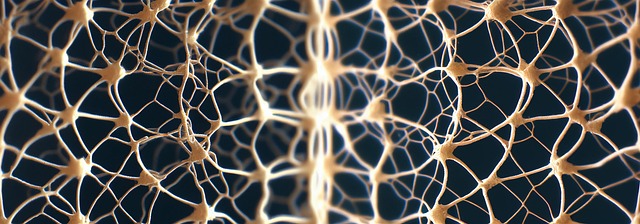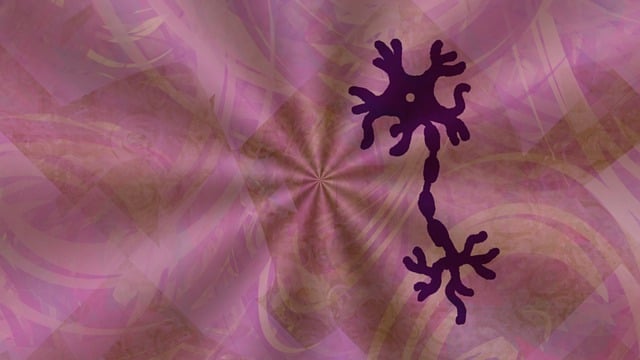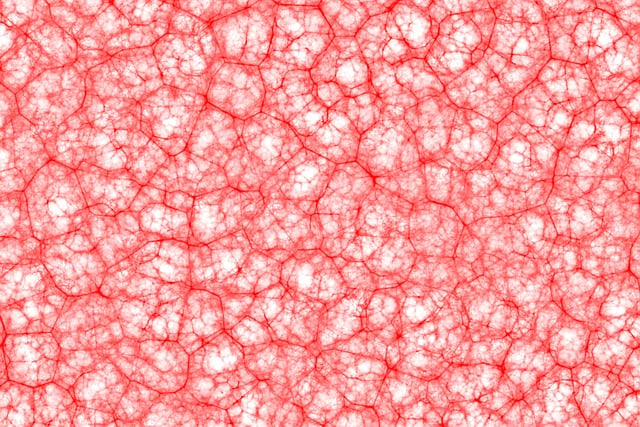After a crash, understanding nerve impingement—when spinal structures compress nerves—is vital. Chiropractors provide safe, non-surgical treatments focusing on spinal adjustments to relieve pressure and enhance healing. Post-treatment recovery involves rest, physical therapy, postural changes, and ergonomic adjustments recommended by chiropractors to prevent future issues. Maintaining a healthy lifestyle speeds recovery and reduces re-impingement risk. For effective treatment for pinched nerves after a crash, consider chiropractic care as a safe alternative to surgery.
“Experience relief from neck and back nerve impingement after a crash with expert guidance on comprehensive treatment options. This article delves into understanding this condition, highlighting chiropractic care as a non-surgical solution for lasting recovery. Learn effective strategies to prevent future incidents and regain control of your mobility. Discover how a chiropractor can assist in managing pain and restoring function following a traumatic event. Optimize your journey to full recovery today.”
- Understanding Neck and Back Nerve Impingement After a Crash
- Chiropractic Care as a Non-Surgical Treatment Option
- Recovery and Prevention Strategies for Future Incidents
Understanding Neck and Back Nerve Impingement After a Crash
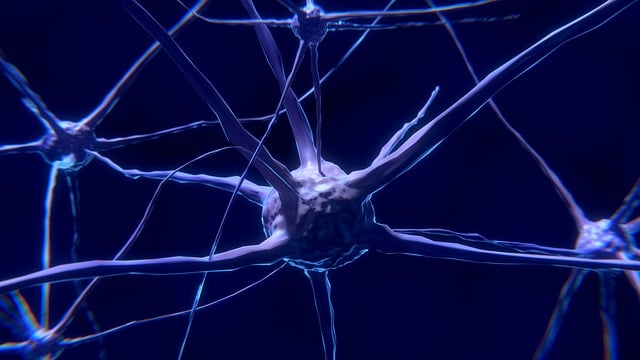
After a crash, whether in a car or during an athletic activity, it’s crucial to understand the potential impact on your neck and back nerves. A nerve impingement occurs when a bone, disc, or other structure compresses or irritates a spinal nerve, leading to pain and discomfort. This condition is often seen after traumatic events like accidents, where the sudden force can cause misalignment in the spine, putting pressure on nearby nerves. If you suspect a pinched nerve after a crash, seeking prompt treatment from a chiropractor is essential.
Chiropractors are experts in diagnosing and treating musculoskeletal disorders, including nerve impingements. They employ various techniques to assess your condition, such as adjusting spinal manipulation, to relieve pressure on the affected nerves. Through these treatments, chiropractors aim to improve nerve function, reduce pain, and enhance overall mobility. Understanding the severity of nerve impingement and seeking appropriate treatment early on is vital for a successful recovery after a crash.
Chiropractic Care as a Non-Surgical Treatment Option
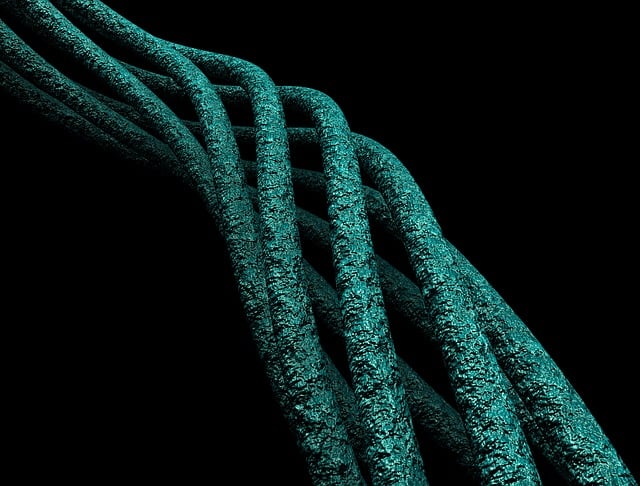
Chiropractic care is an excellent non-surgical treatment option for individuals suffering from nerve impingement, especially those who have experienced a crash or accident. Chiropractors use a variety of techniques to adjust and manipulate the spine, aiming to alleviate pressure on the affected nerves. This gentle approach can be particularly beneficial for patients looking to avoid surgery or explore alternative treatments.
Through specialized adjustments, chiropractors can help restore proper alignment and mobility in the spine, reducing compression and irritation on the nerves. This natural method not only provides pain relief but also promotes the body’s inherent self-healing ability. Many patients find chiropractic care effective in managing symptoms of pinched nerves after a crash, offering a safe and non-invasive treatment alternative.
Recovery and Prevention Strategies for Future Incidents
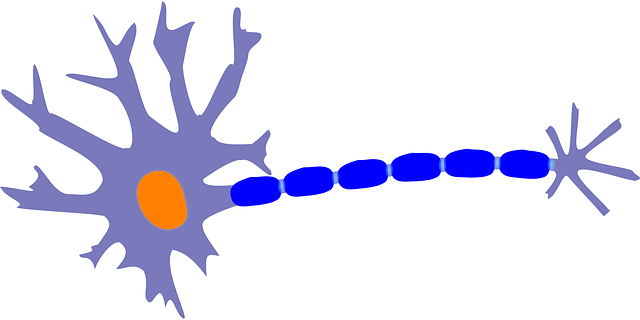
After successful treatment for a nerve impingement, focusing on recovery and preventing future incidents is paramount. The initial phase involves rest and avoiding activities that exacerbate the condition. Physical therapy exercises can be beneficial to strengthen muscles and improve flexibility, reducing the risk of re-impingement. Maintaining good posture during daily activities is crucial; this includes sitting, standing, and lifting correctly.
Chiropractors often recommend specific stretching routines and ergonomic adjustments for long-term relief. Additionally, adopting a healthy lifestyle with regular exercise, a balanced diet, and stress management can significantly impact recovery. Staying active within comfortable limits helps maintain muscle strength and circulation, while proper nutrition supports overall well-being and healing.
In light of the above discussions, it’s clear that a comprehensive approach combining chiropractic care and preventative strategies is the optimal treatment for pinched nerves resulting from a crash. Chiropractic care offers a non-surgical, gentle yet effective solution to alleviate pressure on affected nerves, promoting healing and restoring mobility. By adopting recovery techniques and implementing preventive measures, individuals can significantly reduce the risk of future incidents and enhance their overall well-being. For those seeking relief from neck and back nerve impingement after an accident, considering chiropractic care as a primary treatment option is a smart step towards a healthier, pain-free life.


